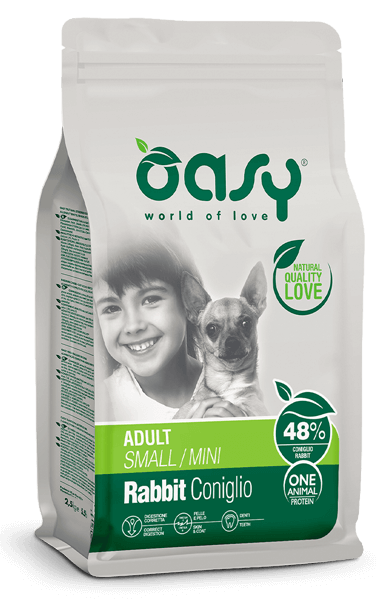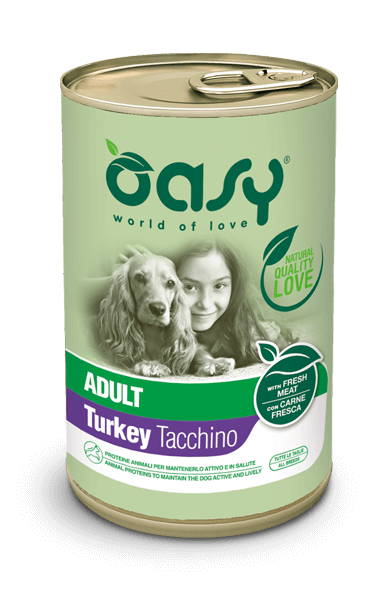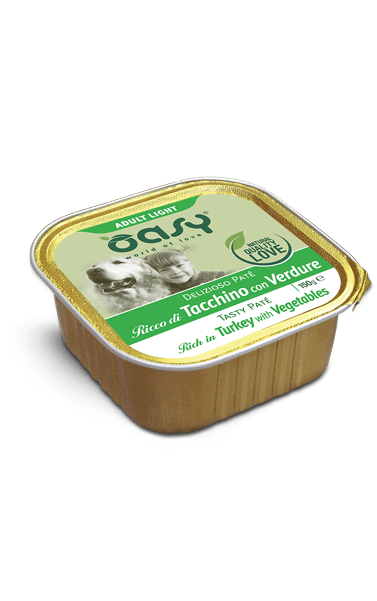Negative effects of poor oral hygiene on dogs’ health may be more evident, if compared to ours. Neglecting dental care, in fact, can expose your dog to silent diseases, which don’t present immediate symptoms, but develop over time and may cause serious problems to dogs’ health.
Most frequent consequences of poor oral hygiene are dental plaque and tartar, but also bacteria could develop with time, which may cause infections, gingivitis and even more serious heart and kidney diseases.
The importance of prevention
Thanks to preventive actions including correct nutrition and daily brushing of teeth, you can ensure your dog a good oral hygiene. Using dry foods containing dental benefits, e.g. snacks specifically formulated to stimulate dog’s natural need for chewing, promotes dental and gums health, helping to prevent dental plaque. Brushing your dog’s teeth frequently and consistently will help them feel better. Specific toothpaste, in fact, are formulated with enzymes that can effectively contrast those bacteria, which cause plaque and tartar.
A positive attitude
Create playful and enjoyable habits related to teeth brushing, and your dog may even like it!
Start putting your hand around his face for some minutes every day, so that they get used to this kind of contact. While shutting their mouth with one hand, raise their cheek with the other and brush carefully their teeth for two or three minutes. Do it right after meals, gently applying the toothpaste with a soft toothbrush, specific for animals.
When you should ask your vet
If your dog’s gums get red and inflamed, or if there is some plaque on the teeth, you should call your vet to ask for the best treatment. Probably your vet will directly remove tartar from your dog’s teeth.
After that, you will have to brush your dog’s teeth regularly and using toothpastes specifically formulated for animals, at least until gums gets better again.


